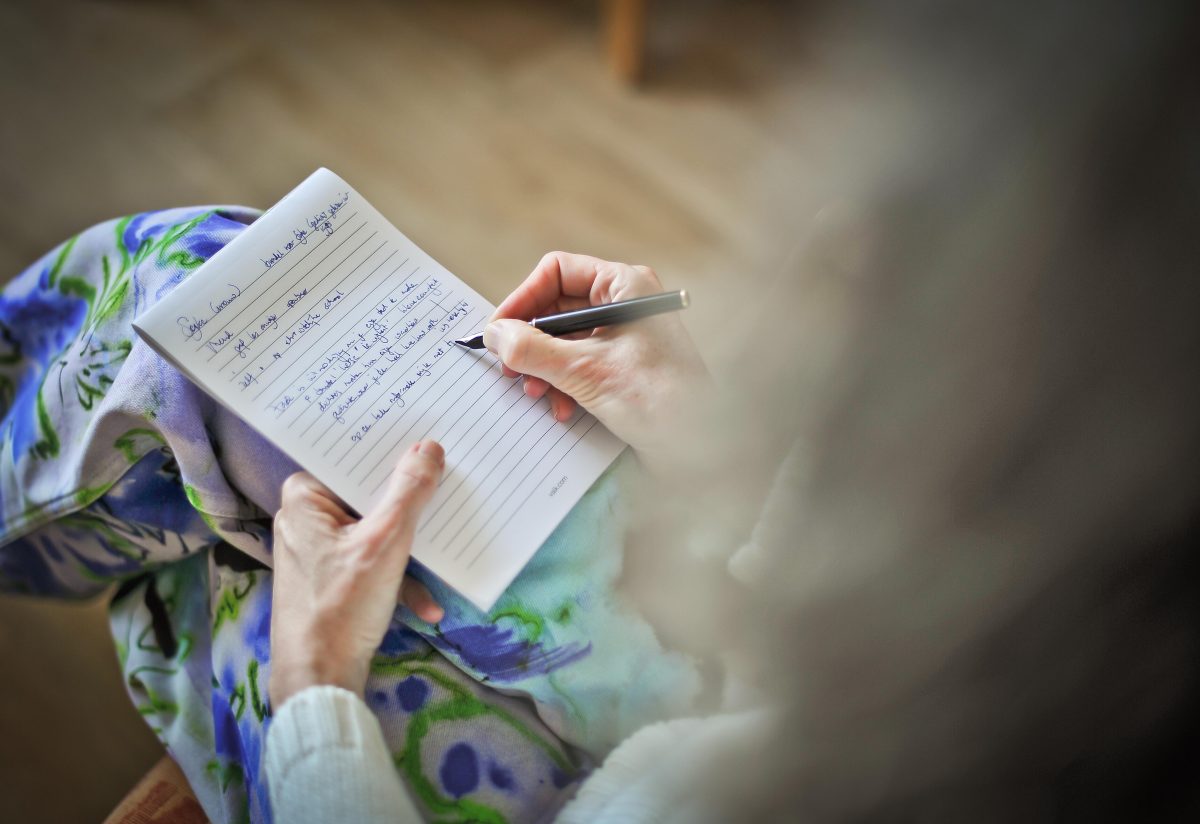On 25 and 26 October, Tsead Bruinja, musician Zea and photographer Rosa van Ederen and guest poet Hélène Gelèns visited residential care center Haersmahiem in Buitenpost. They made personal portraits with and for the ladies De Jong, Van der Veen-Bottema and Elsenga and Mr Dotinga.
Tsead about the visit to Haersmahiem: “Besides the orange cake, we had a surprise waiting for us at the coffee in Buitenpost; one of the residents we started working with was the well-known Frisian poet Jan Dotinga. We didn’t have to write them anymore. In his bookcase was a large row of published work, which he read extensively during the presentation. Another surprise was the painting workshop in which two other residents had to participate that same morning. Patiently Arnold and I joined the audience. The notes I made of the drawing assignments came in handy later when writing for Mrs. De Jong. In Rosa’s photo series, Mrs. Elsenga was central. She wanted to go to the grave of her husband and their child who died young. A new stone has recently been placed on that grave that is much easier to maintain, also a part of life. And what should not go unmentioned is the nickname of Mrs. Neeltje van der Veen-Bottema. Her daughter told at the presentation that Neeltje was also called ‘roof hare’ in her village. She got that nickname because as a girl she sneaked off one early winter morning with a friend to skate the Elfstedentocht in the harsh weather. Mrs. Van der Veen-Bottema still walks like a lapwing.”
Listen to the Frisian song ‘Safolle things dêr’t de doarkes (So many things whose doors can open) fan iepen kinne’ that Zea wrote and composed about resident Neeltje van der Veen-Bottema::
View a selection of the photos Rosa made of the workshops (by Tsead, Zea and Hélène with residents) and the final presentation:
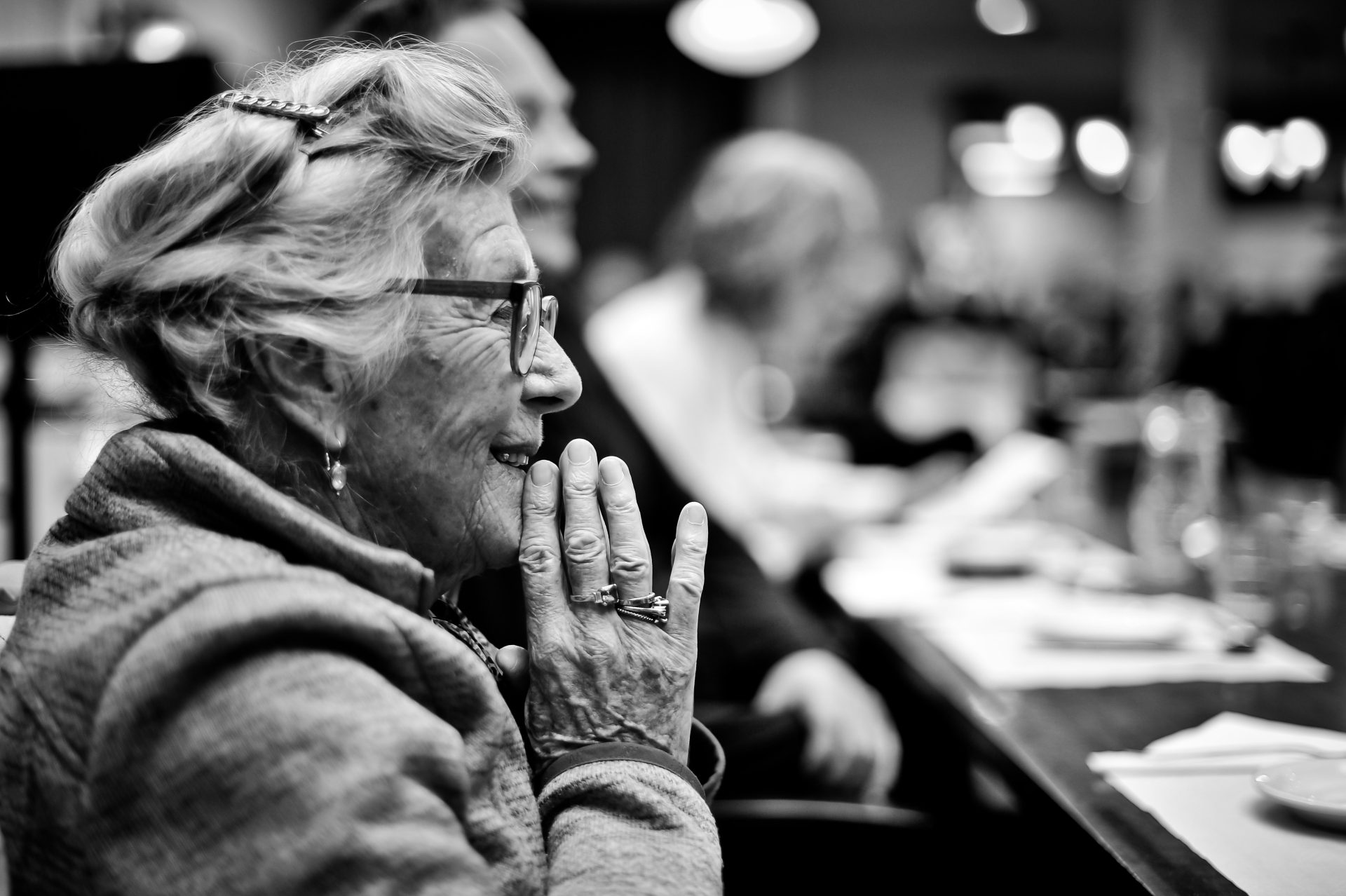
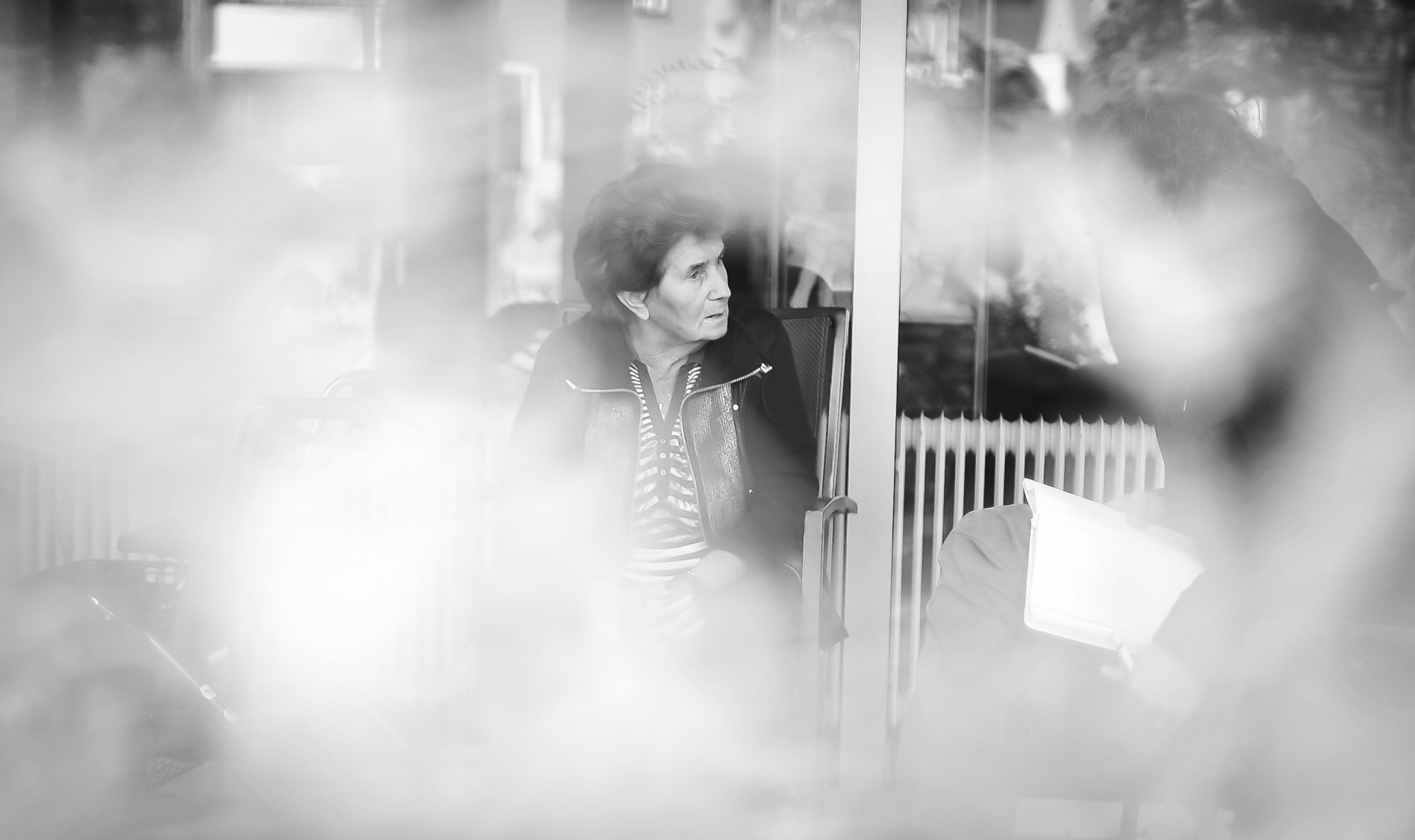

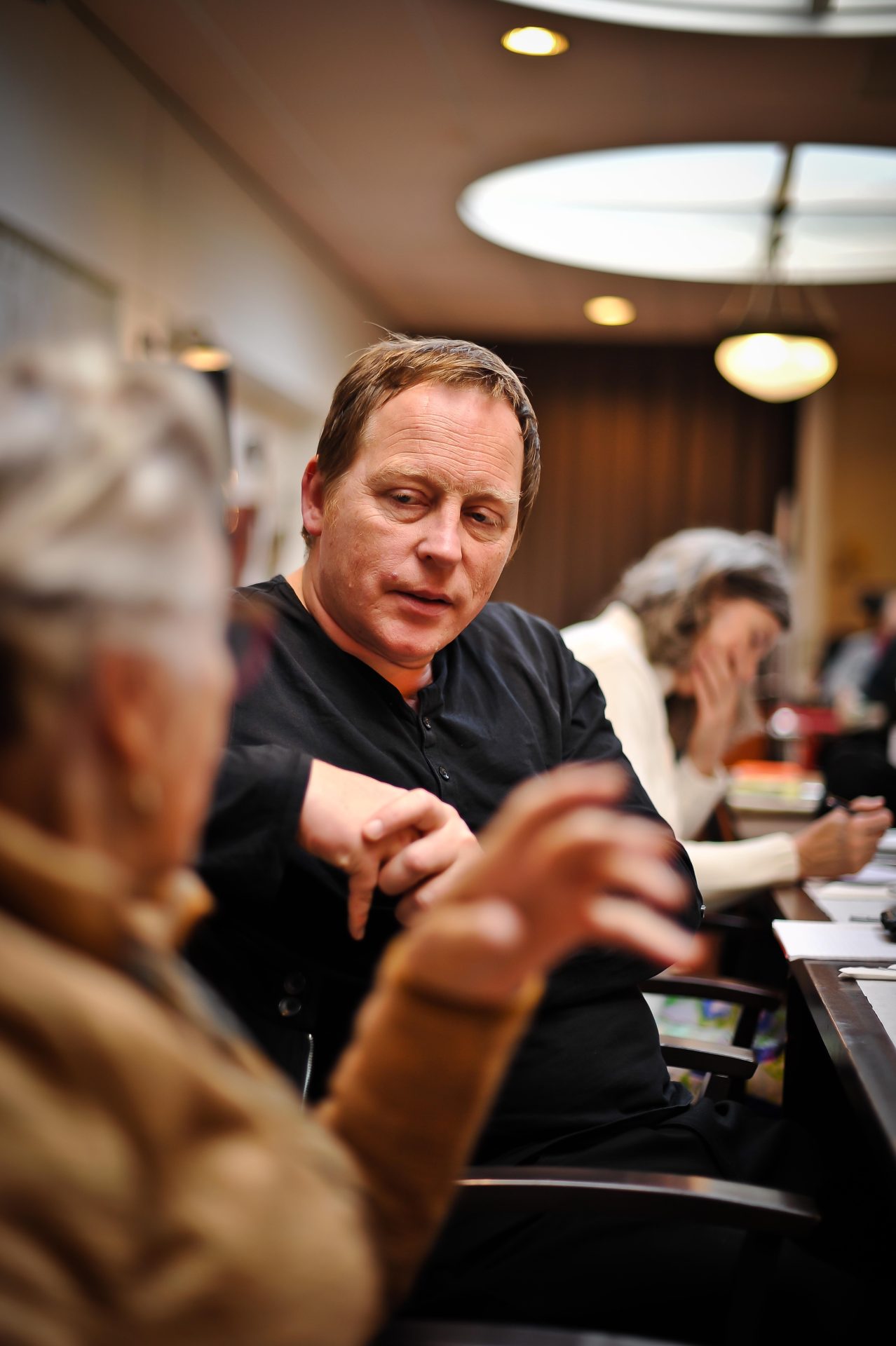
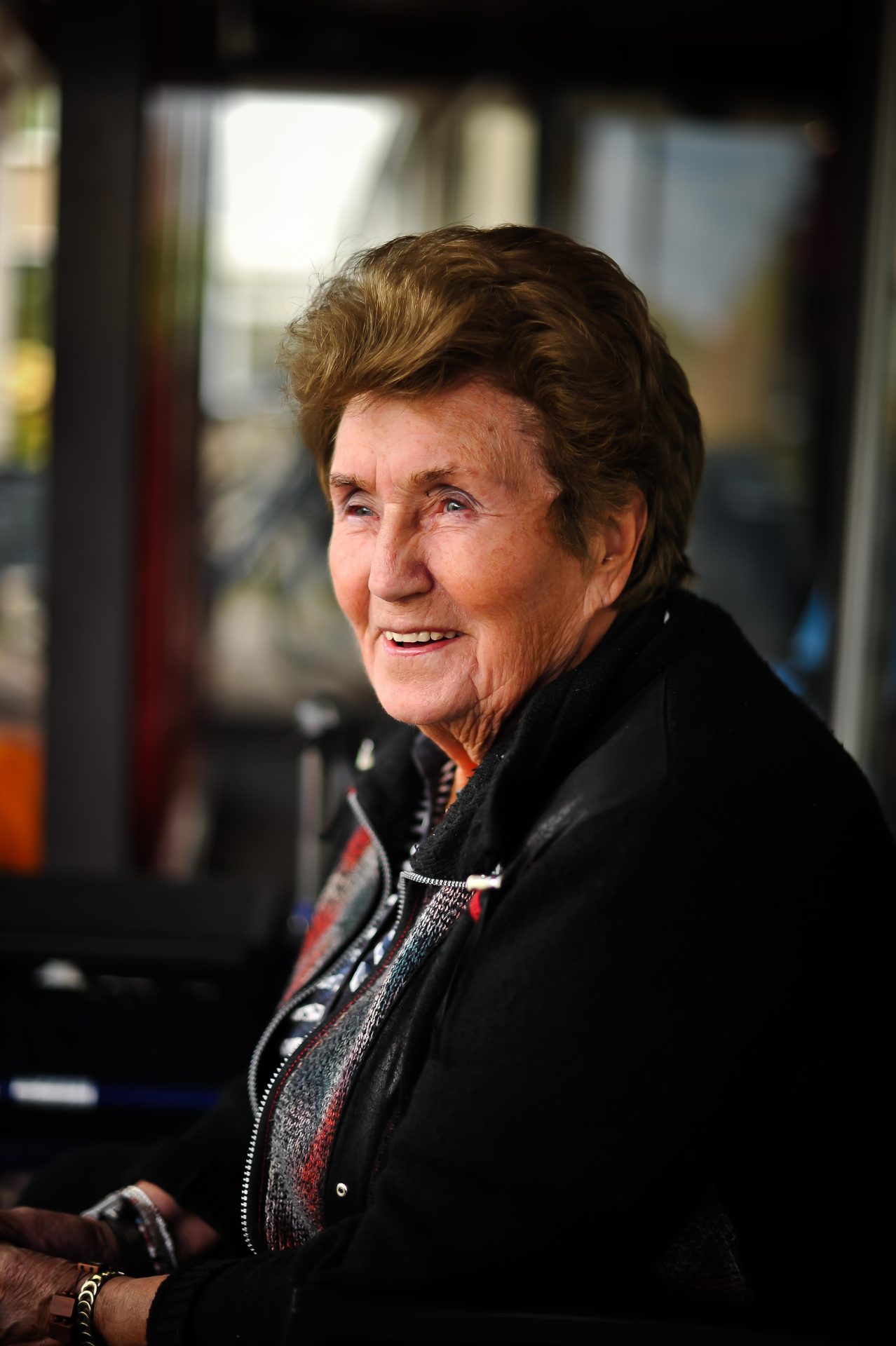
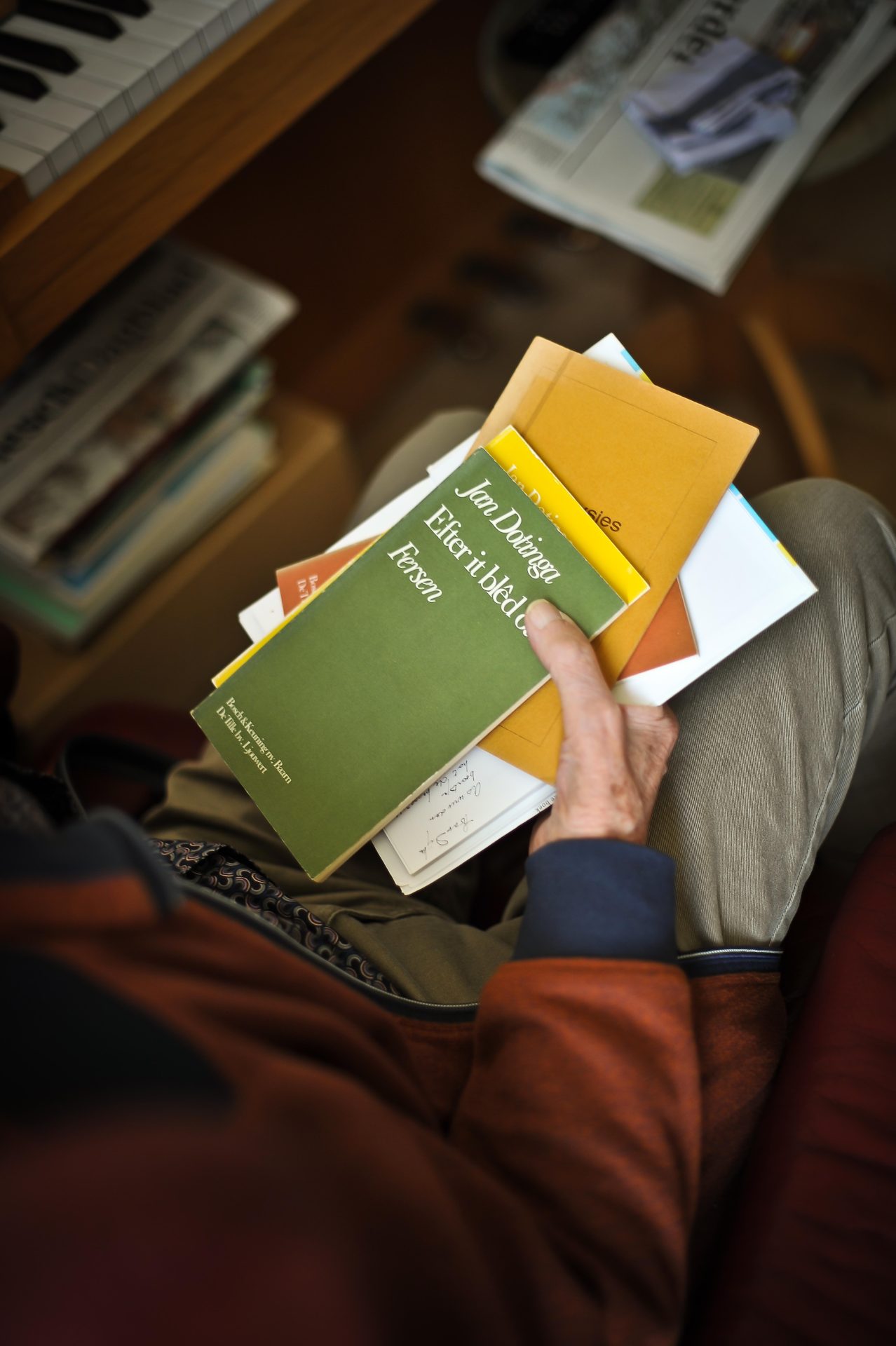
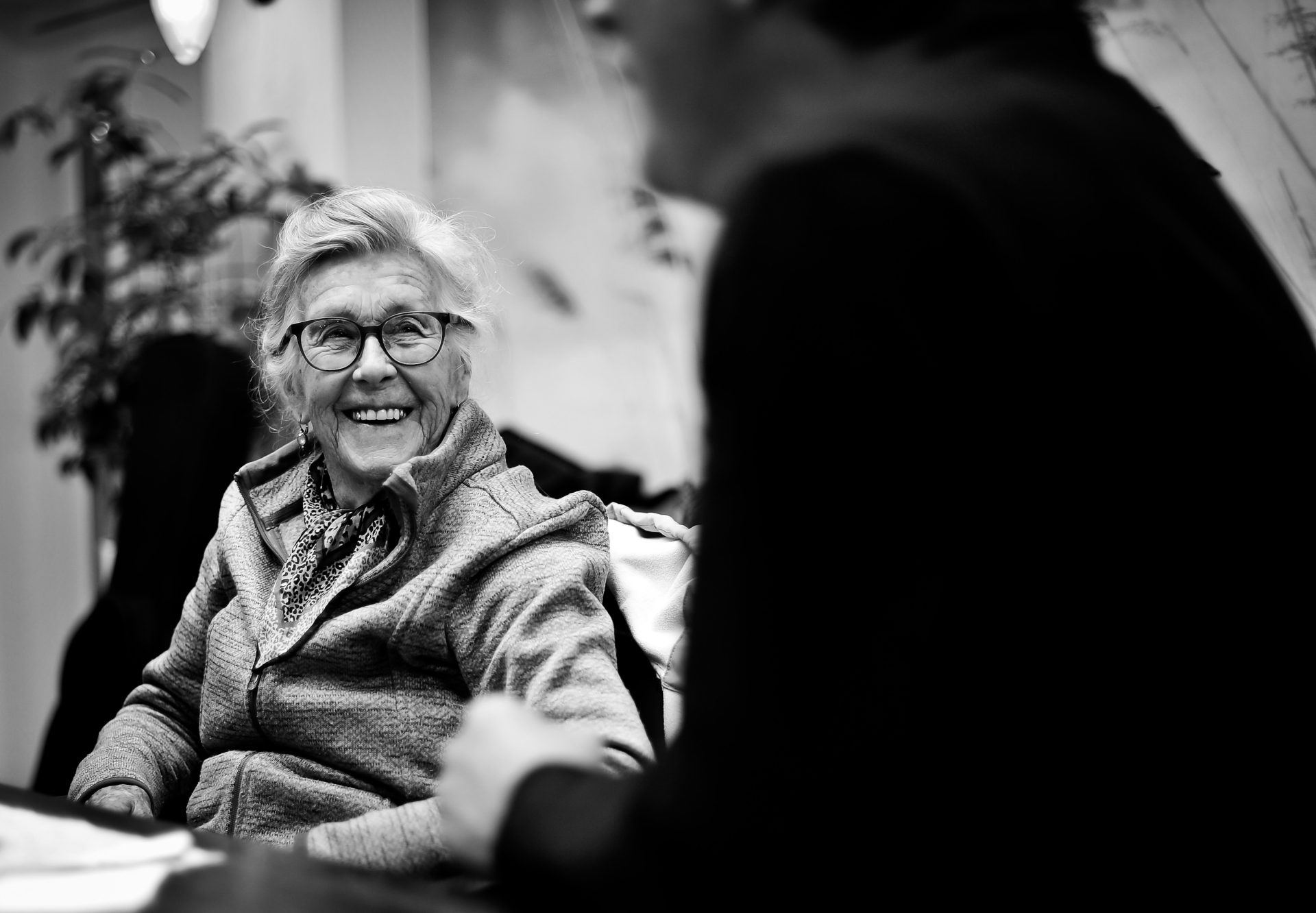
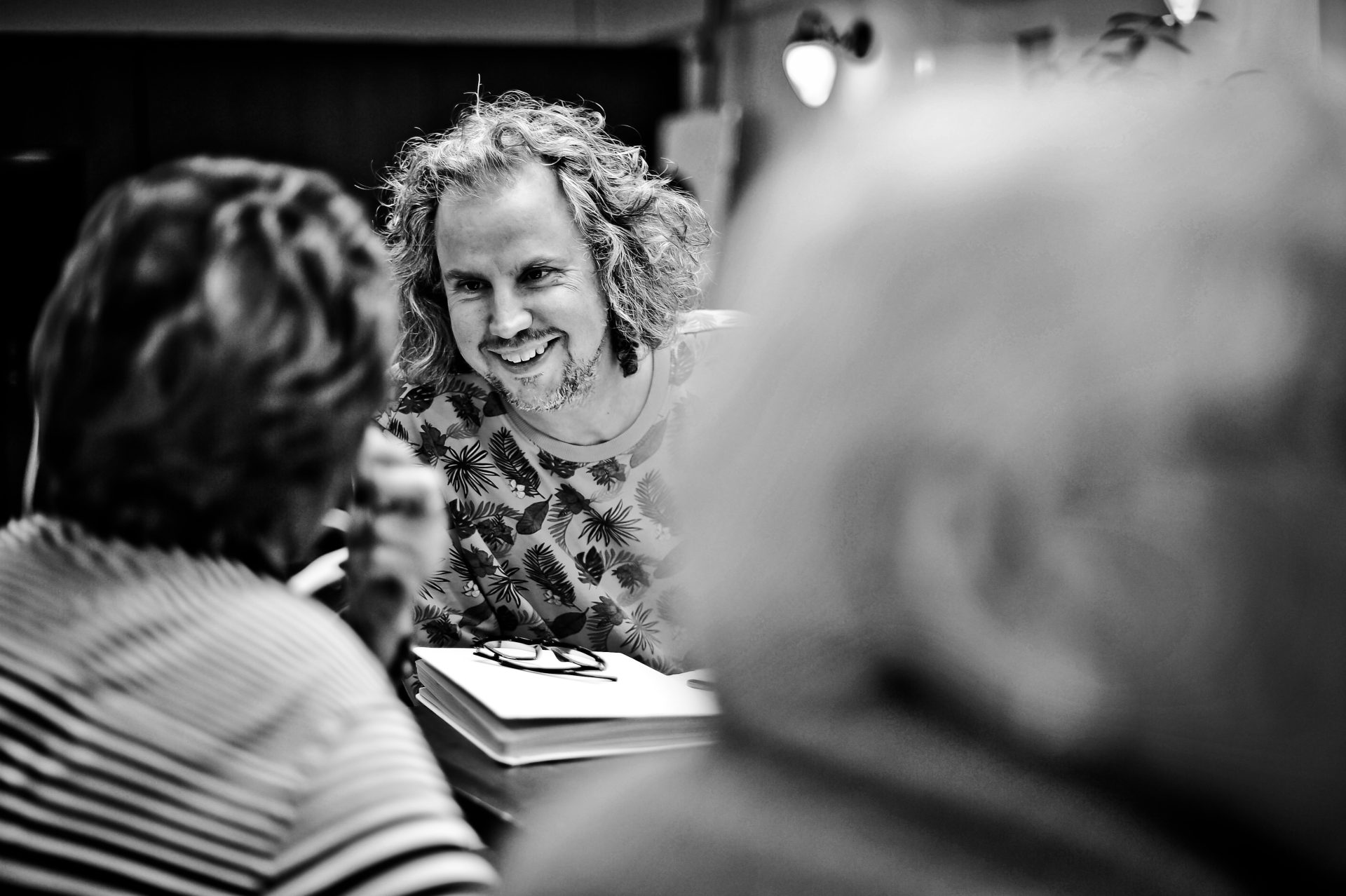
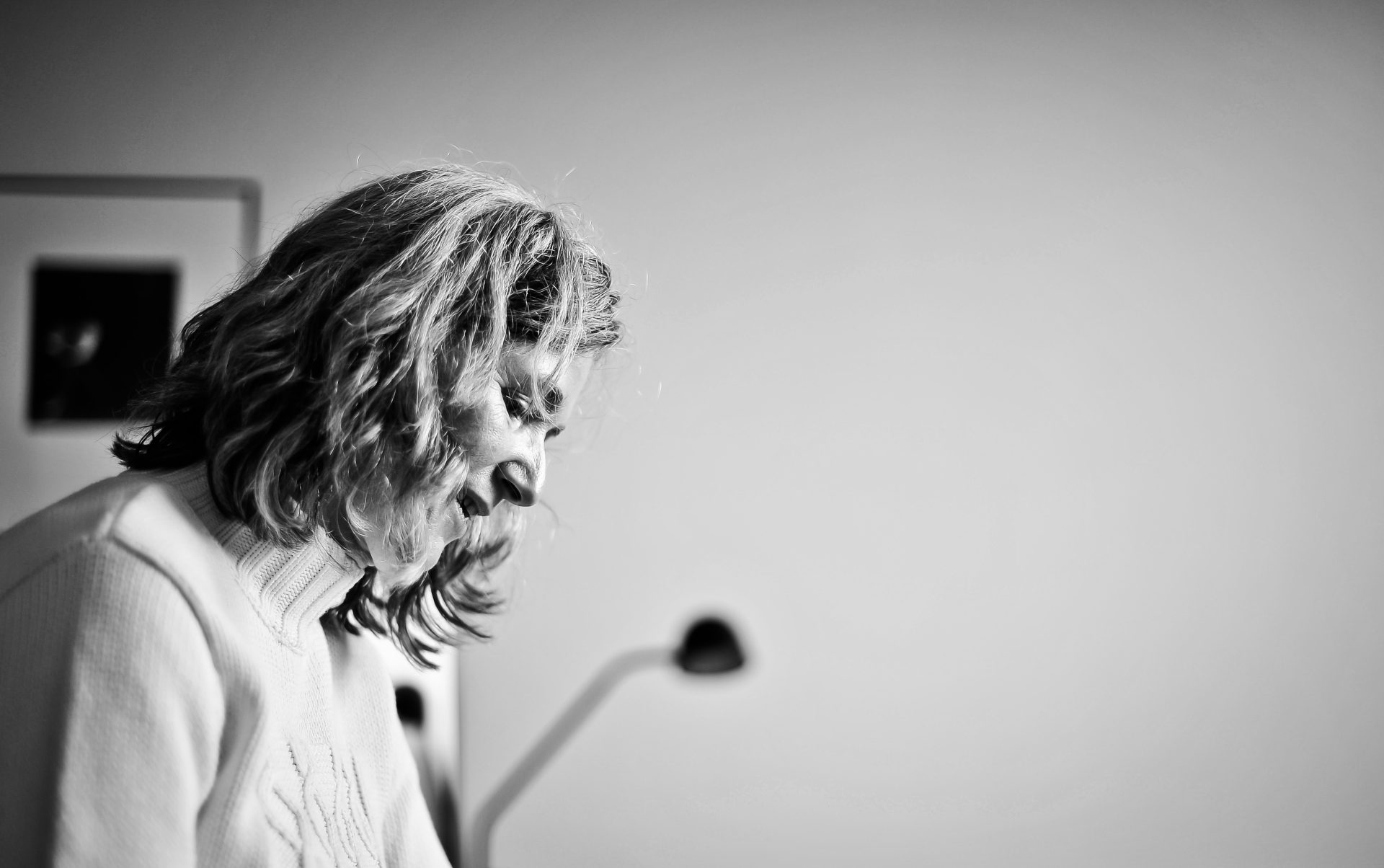
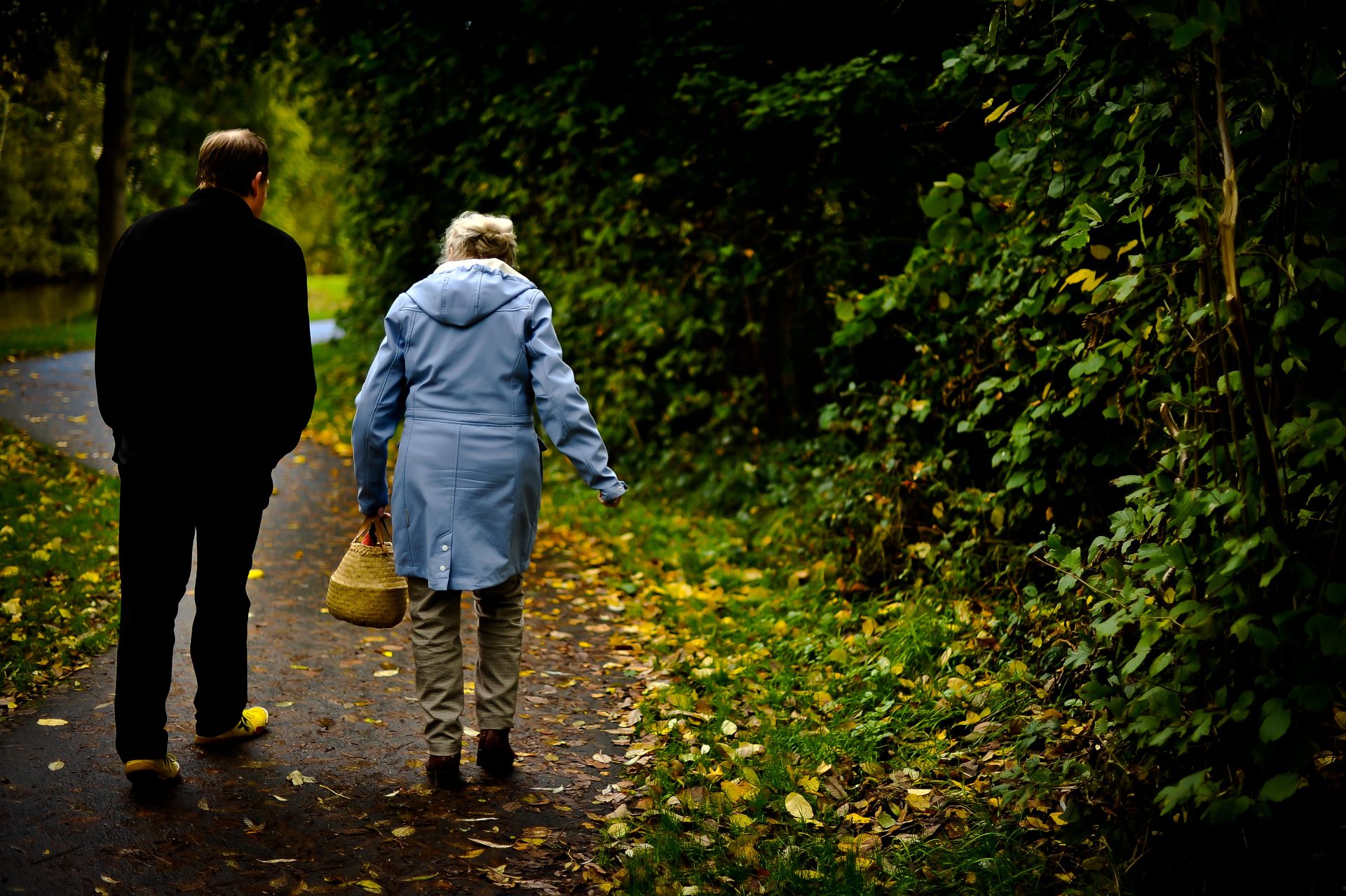
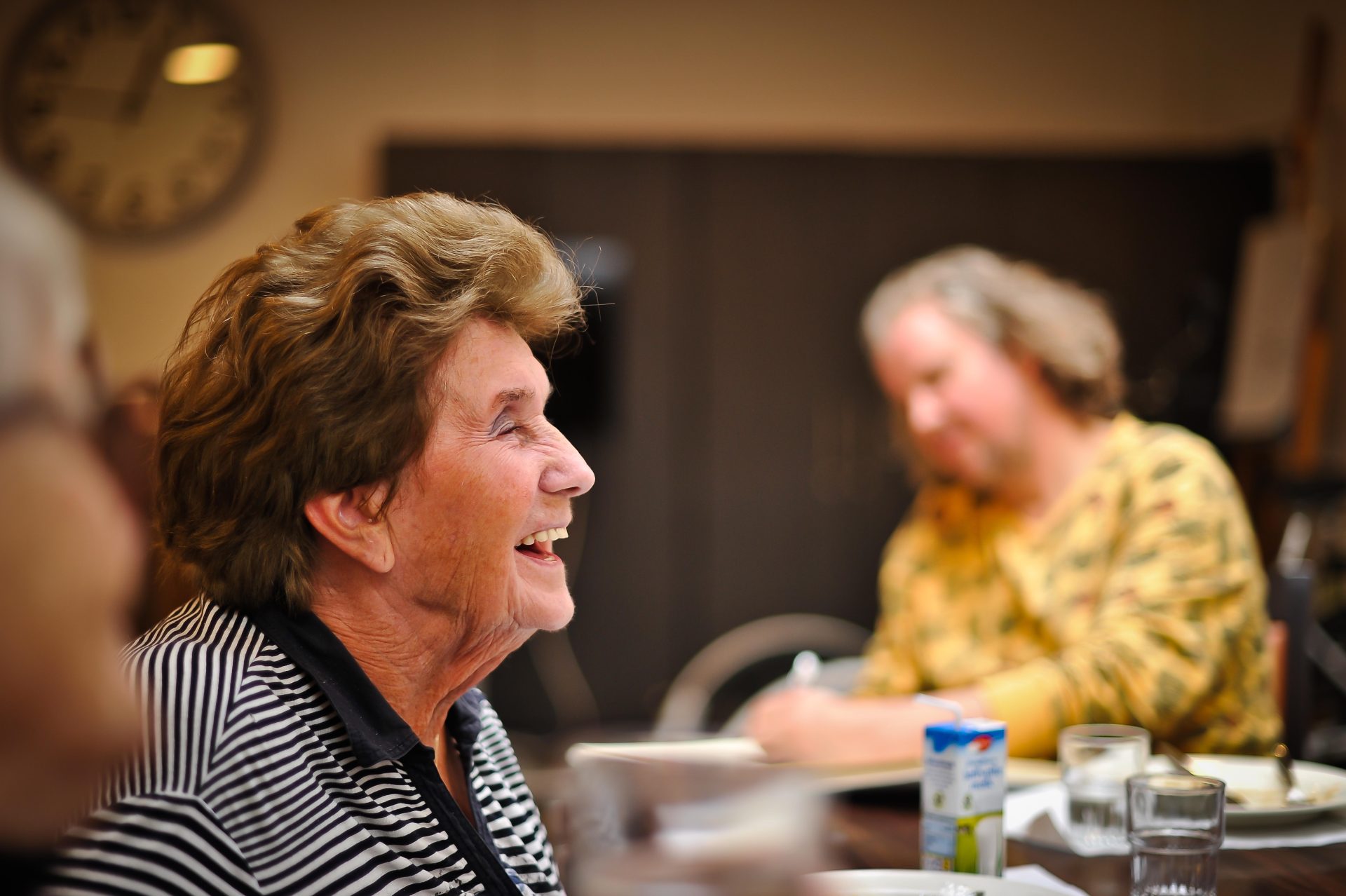
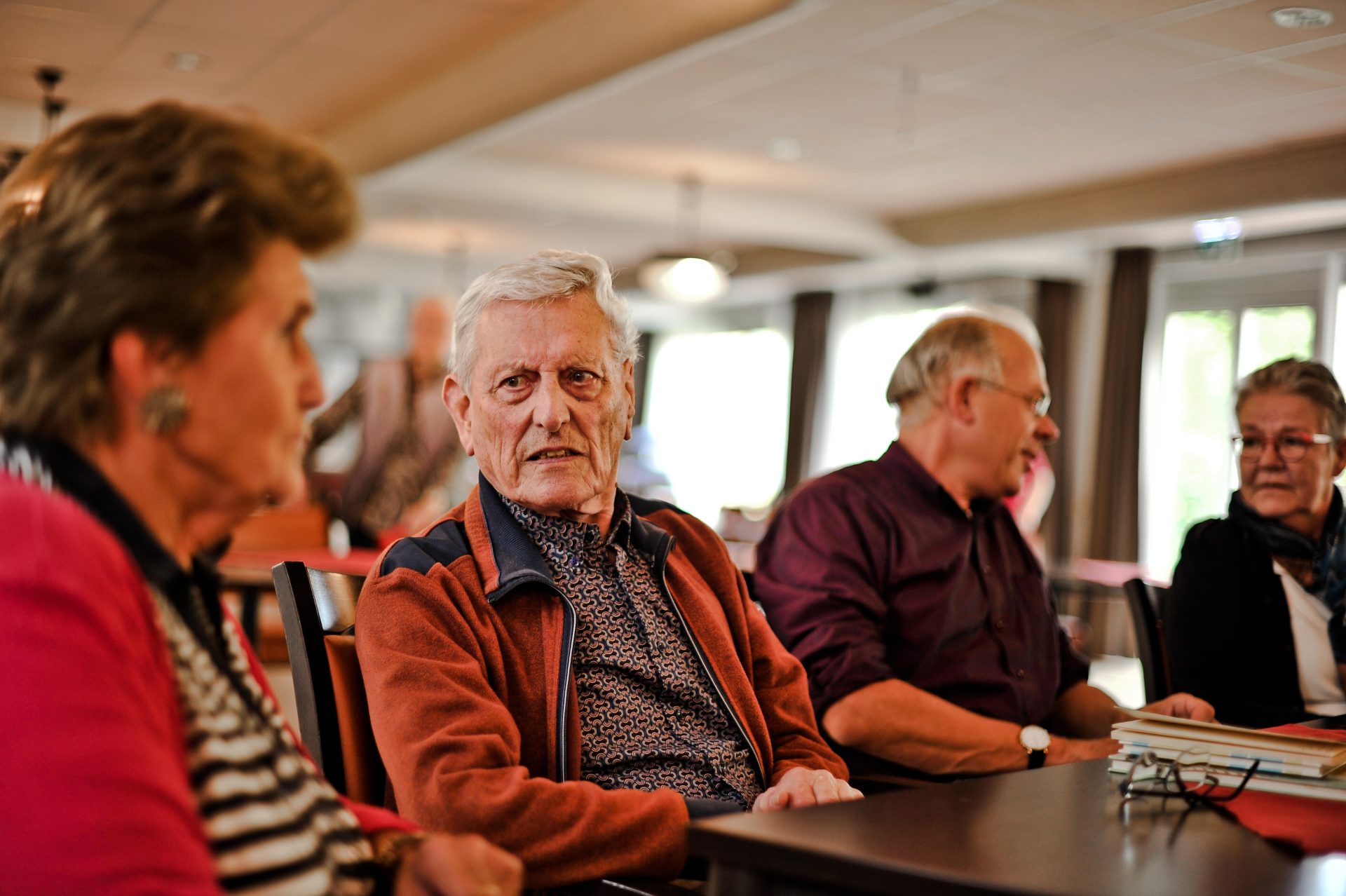
Read the Frisian poems that Tsead and Hélène wrote about the residents:
Check out some of the photos Rosa took as a portrait of Mrs. Elsenga:
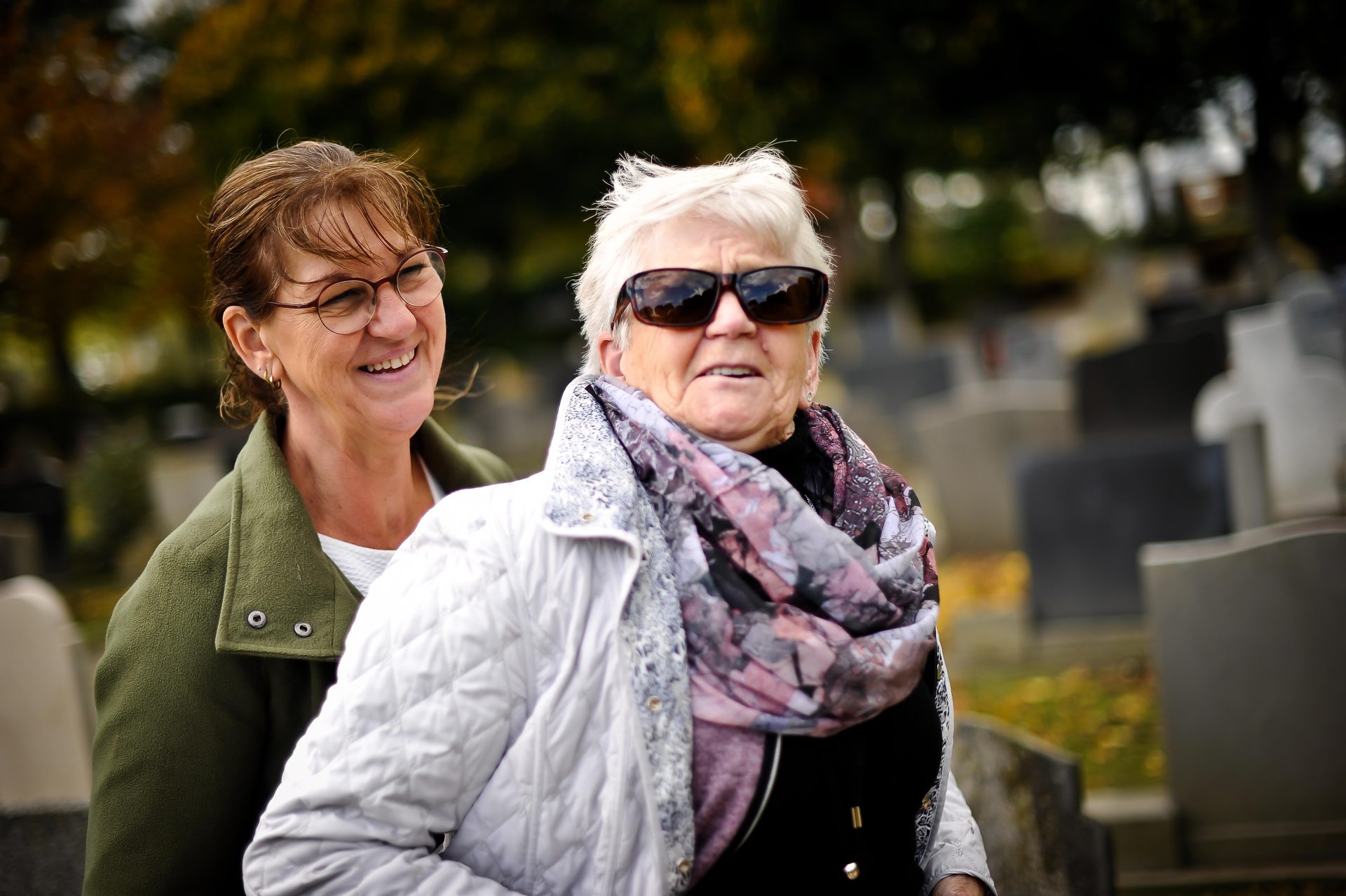
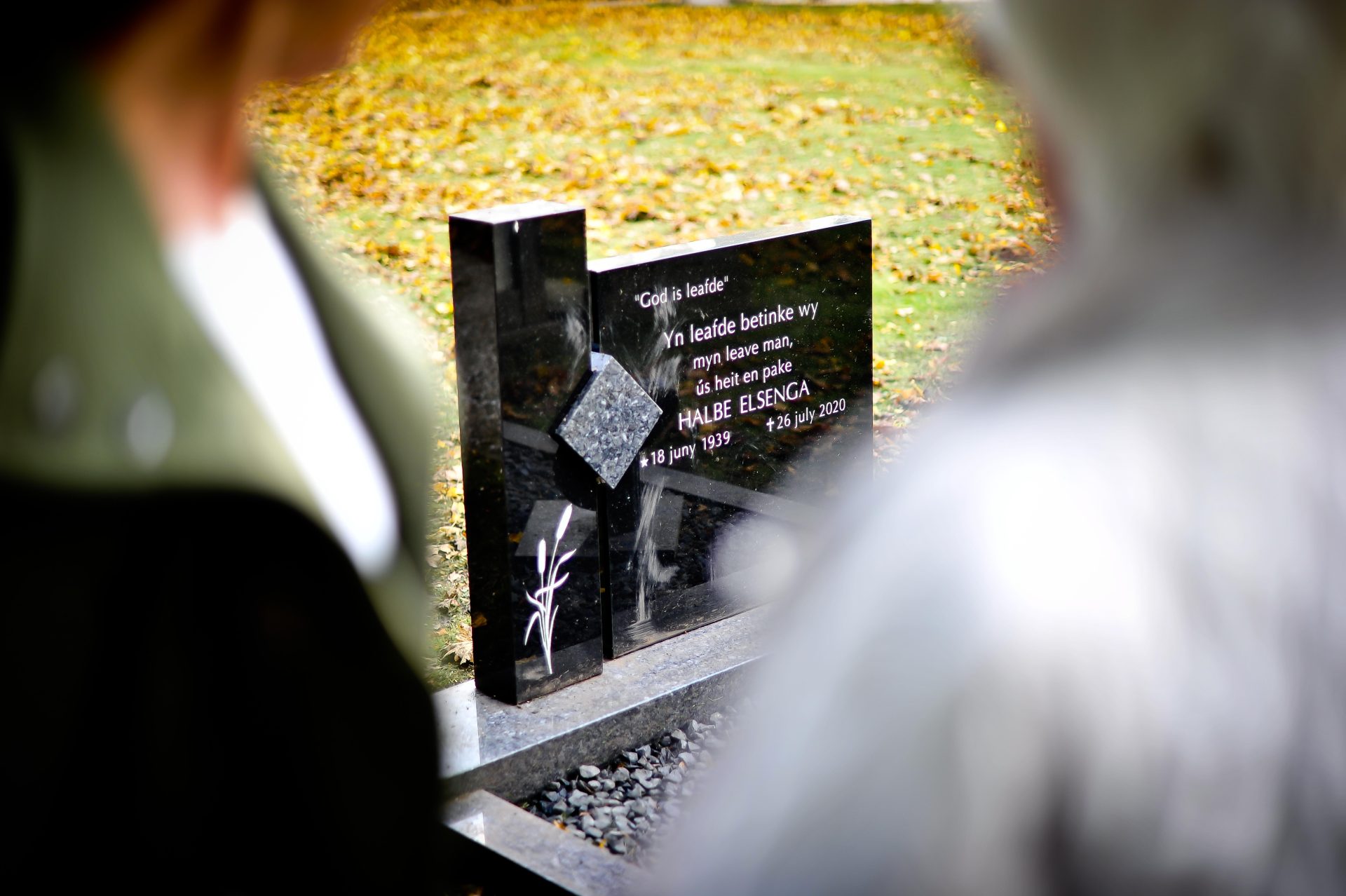
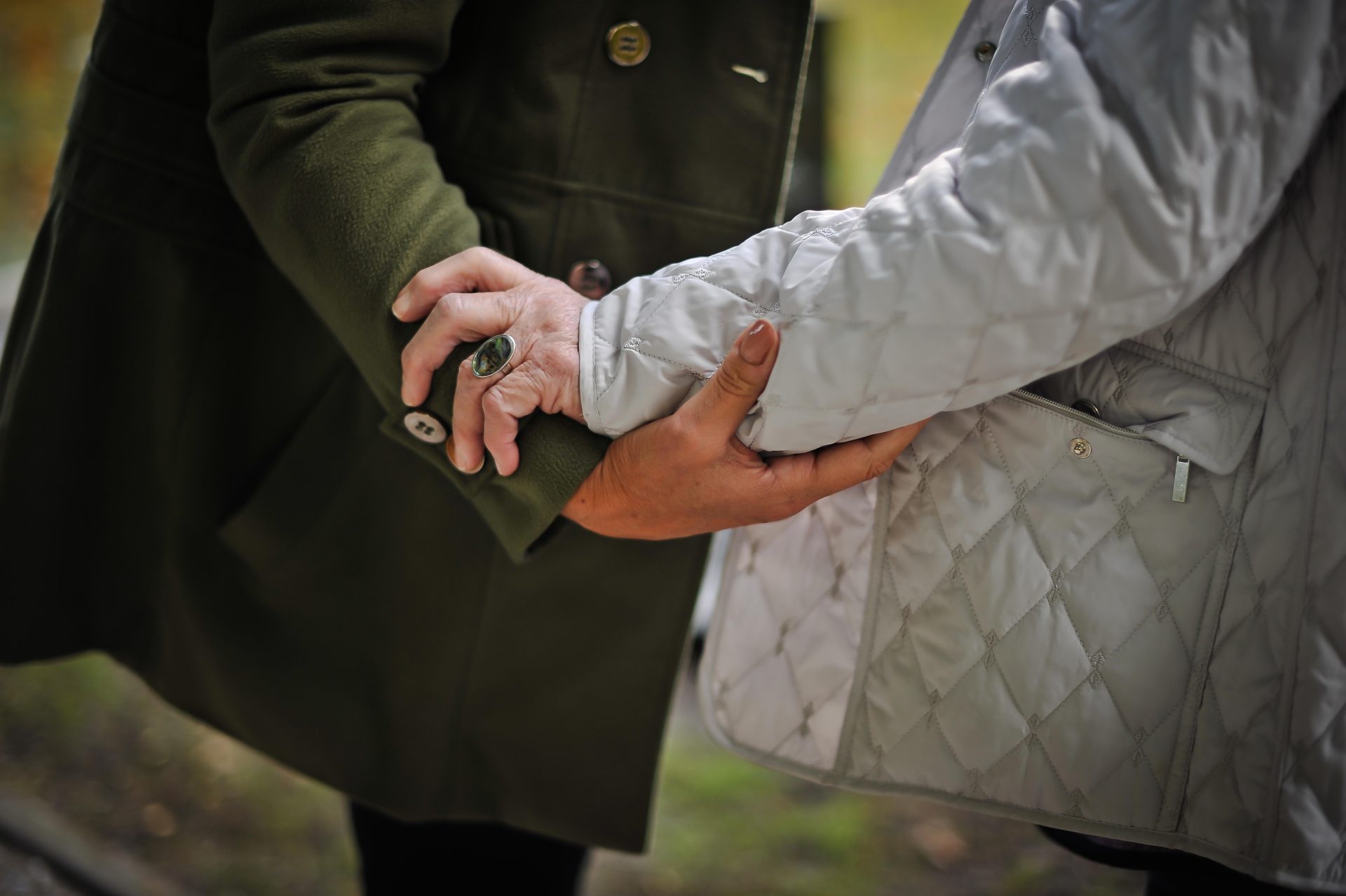
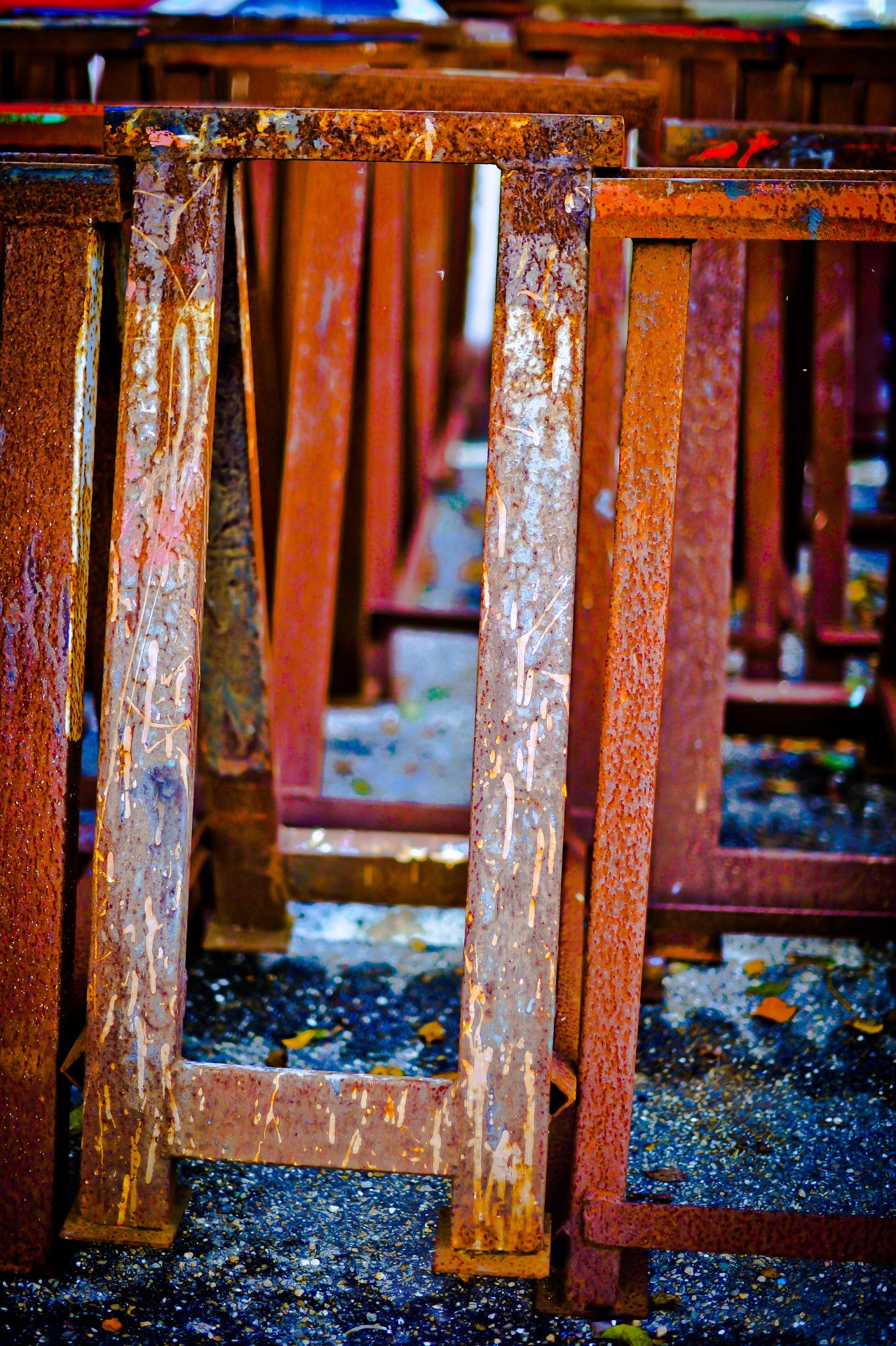
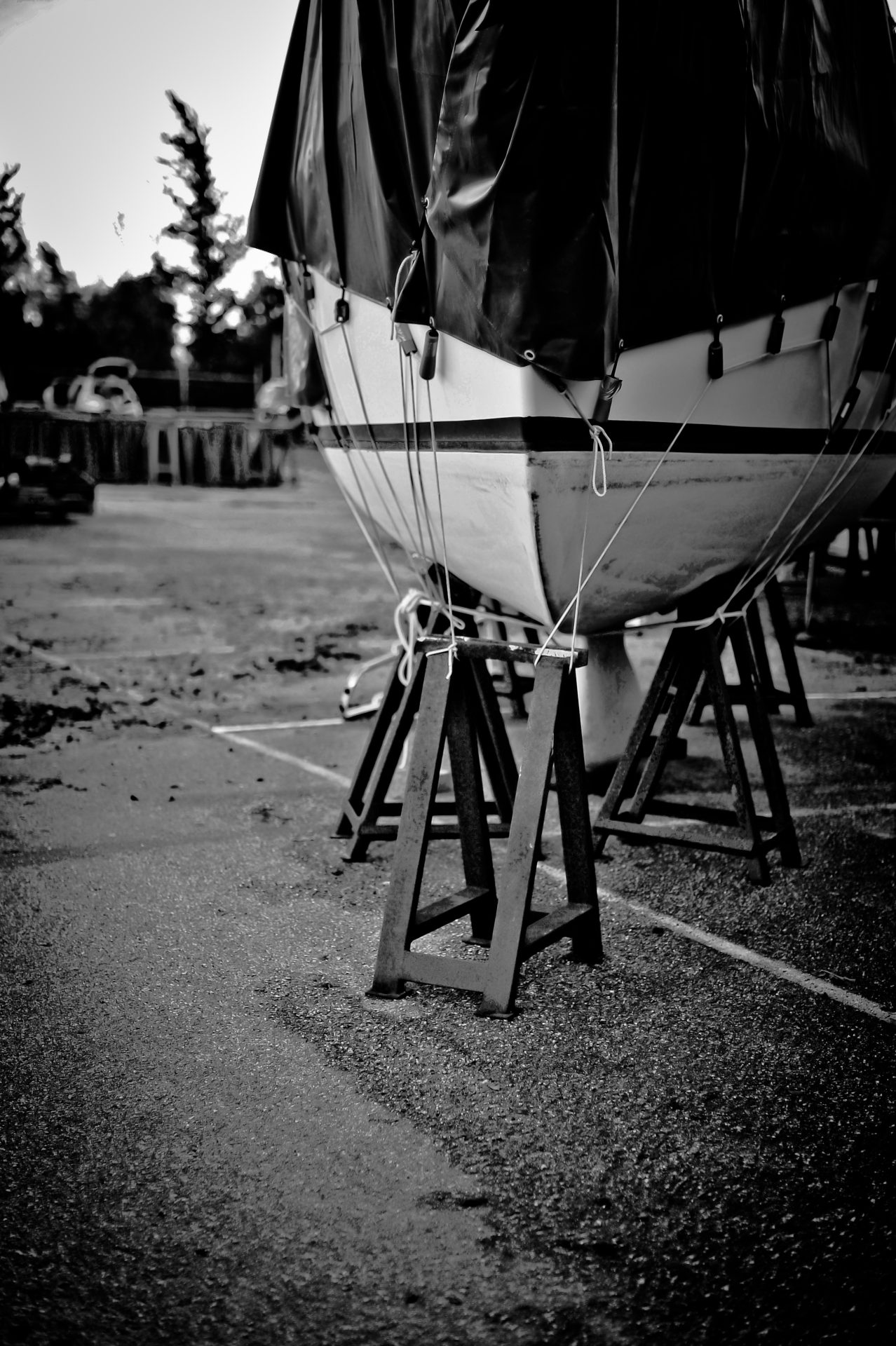
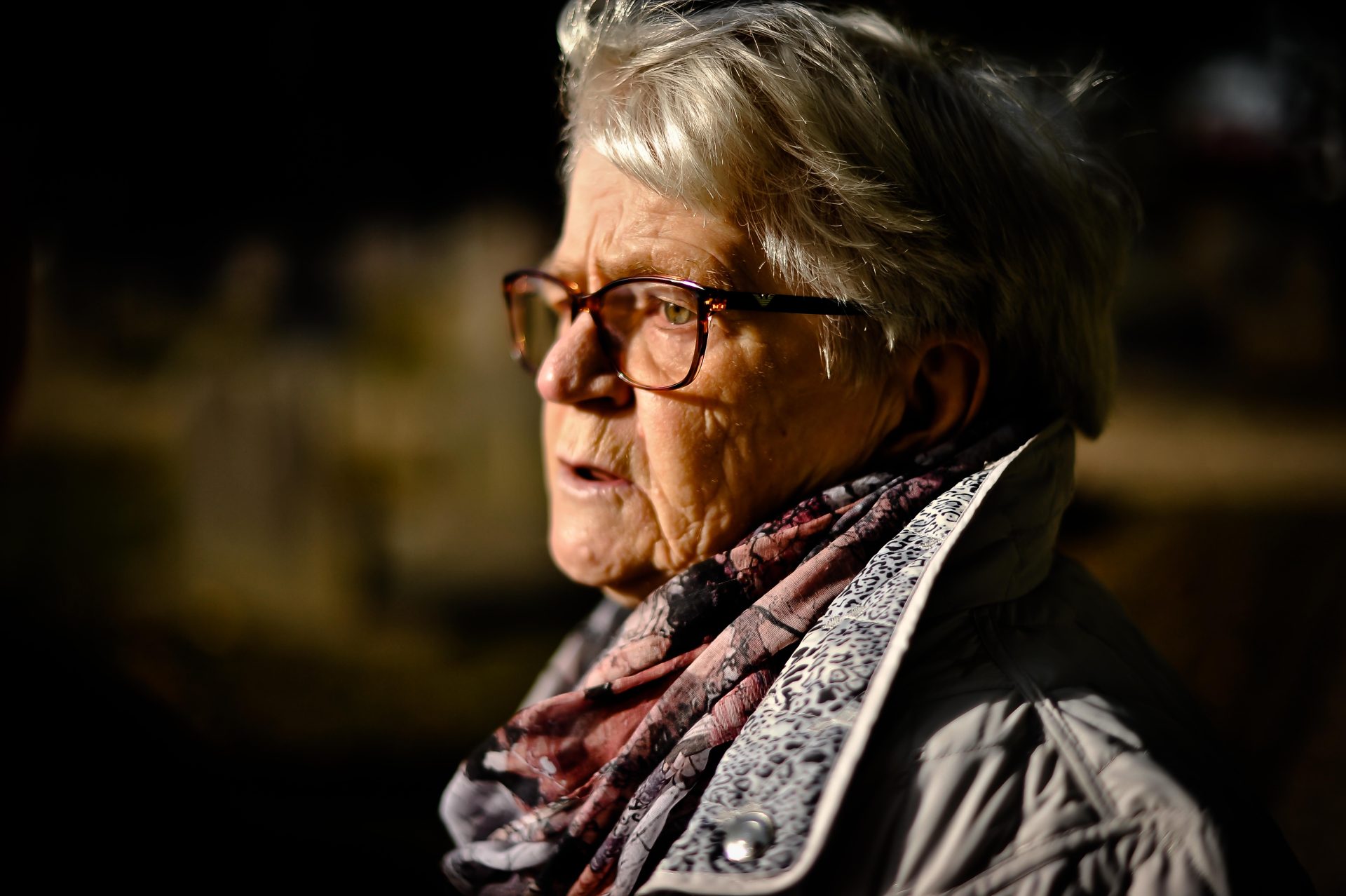

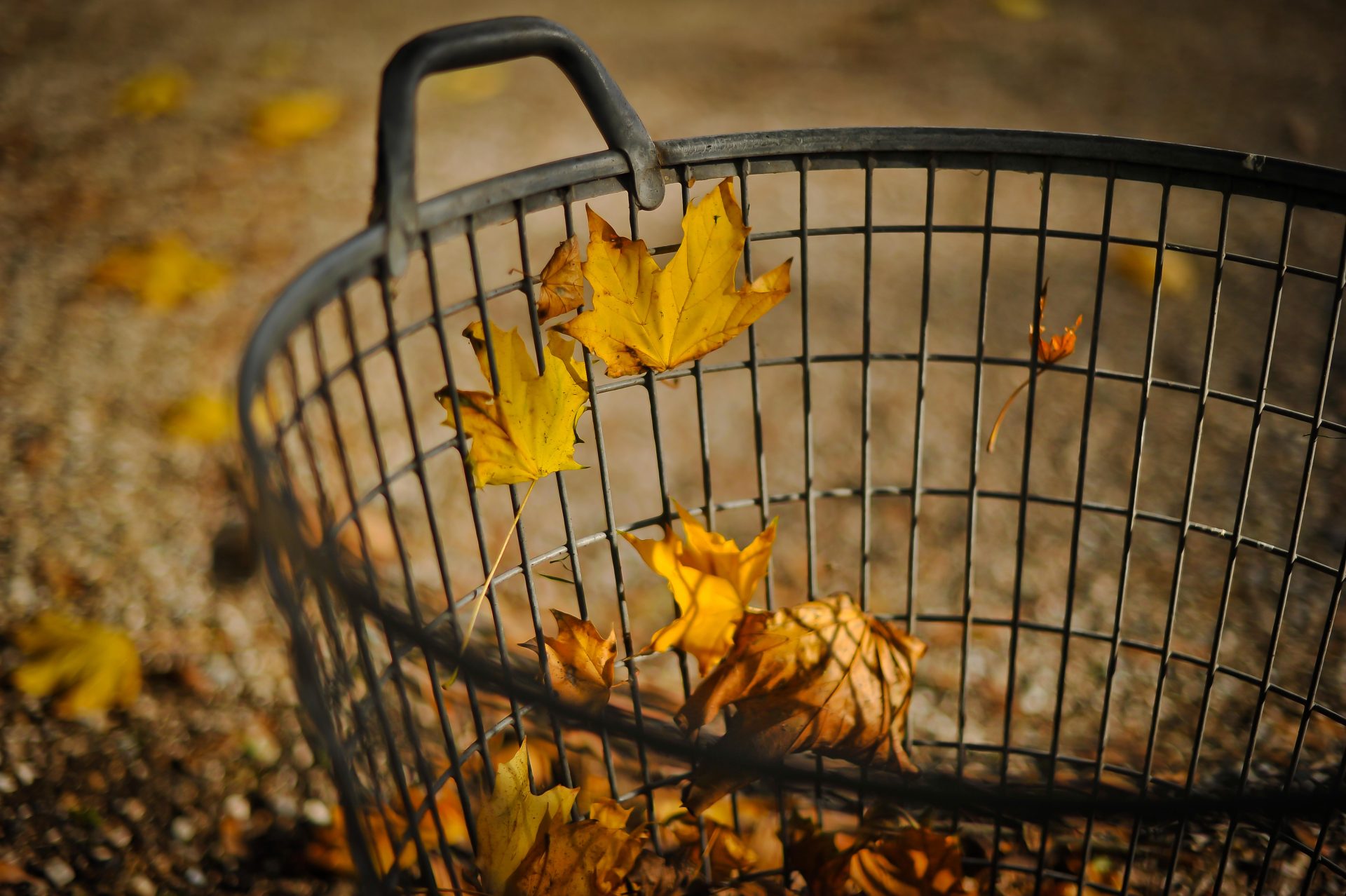
Rosa: “When the boats are on dry land in wintertime, supported by trestles to stay standing, Mrs. Elsenga takes us through the memories of her life in her beloved village Warten. Memories of happiness and sadness she shared with her husband. He was a fisherman and loved the water, especially when the weather was bad.”

